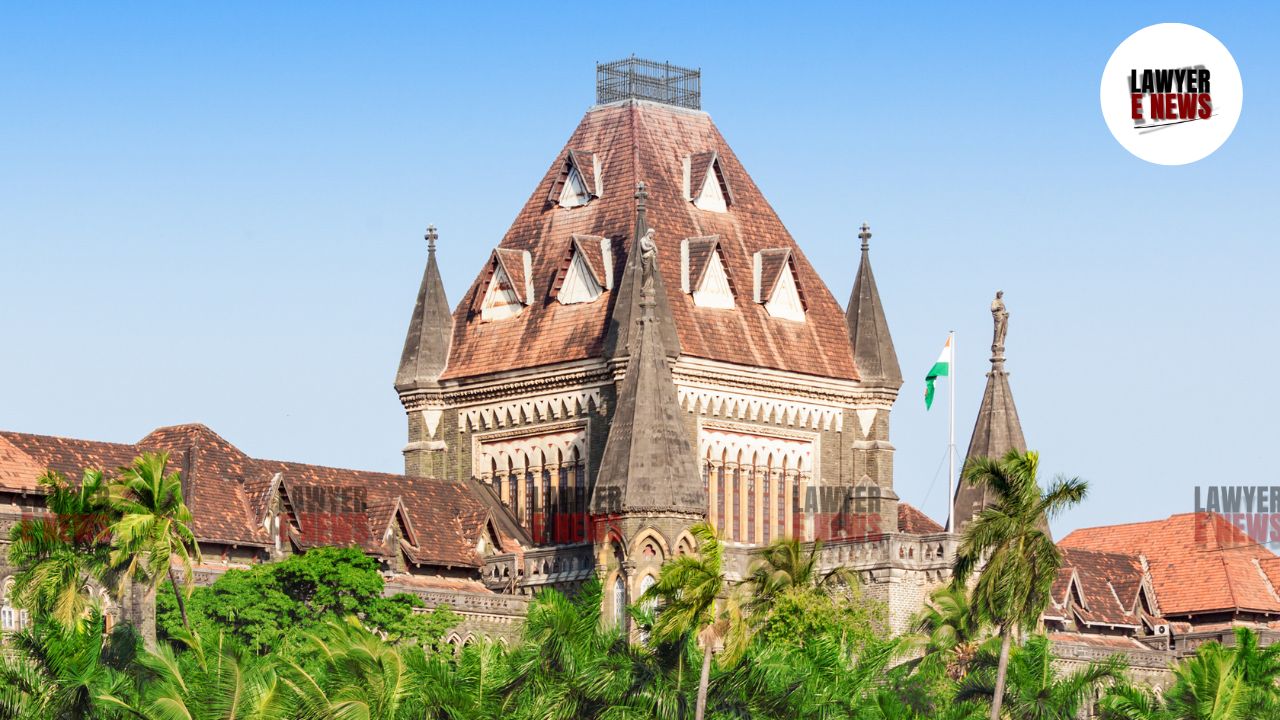-
by Admin
15 February 2026 5:35 AM



Bombay High Court, in the case of Industrial Development Bank of India (United Western Bank Ltd. amalgamated) v. Deputy Commissioner of Income Tax, Kolhapur, resolved a long-standing dispute regarding the interpretation of Section 36(1)(vii) and Section 36(1)(viia) of the Income-tax Act, 1961. The appellant bank challenged the denial of deductions for bad debts written off and provisions for bad and doubtful debts. The Court held that the deductions under both provisions were distinct and could be claimed independently as long as statutory limits were followed, quashing the revenue’s argument that these deductions would result in a double benefit.
The Industrial Development Bank of India (IDBI), which had merged with United Western Bank Ltd., filed an appeal against the decision of the Income Tax Appellate Tribunal (ITAT) for the assessment years 1993-94 and 1994-95. The primary issue was whether IDBI could claim deductions under both Section 36(1)(vii) (for actual bad debts written off) and Section 36(1)(viia) (for provisions made for bad and doubtful debts). The Assessing Officer (AO) had restricted the deductions by including the closing balance of the provision for bad debts, reducing the allowable bad debts deduction under Section 36(1)(vii).
Independence of Deductions Under Section 36(1)(vii) and 36(1)(viia): The appellant argued that Section 36(1)(vii) (bad debts written off) and Section 36(1)(viia) (provision for bad debts) provided independent and separate deductions, and both could be claimed simultaneously without resulting in double benefits. The revenue, on the other hand, contended that the deductions under both sections should not exceed the overall limit, implying that allowing both would result in a double deduction.
The Court, after analyzing the provisions, concluded that the deductions under Section 36(1)(vii) and Section 36(1)(viia) are indeed independent. It emphasized that as long as the deduction for bad debts did not exceed the balance in the provision for bad debts account, both deductions could be claimed. The Court stated:
“The deductions under these sections are distinct and independent, and both can be claimed as long as the bad debts do not exceed the credit balance in the provision for bad debts.”
Application of CBDT Circular No. 17/2008: The revenue argued that while calculating the deduction under Section 36(1)(vii), both the opening and closing balances of the provision for bad debts under Section 36(1)(viia) should be considered. The appellant maintained that only the opening balance of the provision account should be reduced from the bad debts written off.
Relying on CBDT Circular No. 17/2008, the Court clarified that the deduction under Section 36(1)(vii) should only be reduced by the opening balance of the provision for bad debts account and not the closing balance. The Court emphasized that the revenue’s interpretation was inconsistent with the Circular and would lead to an absurd interpretation of the law.
Reliance on Precedents: The Court referred to prior decisions, notably the Supreme Court's judgment in Catholic Syrian Bank Ltd. v. CIT and the Gujarat High Court ruling in UTI Bank Ltd., which reinforced the view that the provisions under Section 36(1)(vii) and Section 36(1)(viia) were separate, with no scope for a double deduction.
In Catholic Syrian Bank, the Supreme Court had held that the proviso to Section 36(1)(vii) only ensures that there is no double deduction, not that deductions under both provisions cannot be claimed concurrently. The Court here reaffirmed this principle, stating that no such double deduction was claimed by the appellant.
Distinction from South Indian Bank Case: The revenue cited the case of South Indian Bank Ltd. v. CIT to support its position. However, the Court distinguished the facts of the current case from South Indian Bank, noting that the appellant had complied with the statutory requirements and there was no attempt to claim double deductions. The Court stated:
“The facts of the present case are distinguishable from South Indian Bank, and the decision does not apply here as the appellant complied with the statutory provisions for claiming the deductions.”
No Double Deduction: The Court clarified that the appellant's method of claiming deductions was within the permissible limits of Section 36(1)(vii) and Section 36(1)(viia). The deductions for bad debts under Section 36(1)(vii) were calculated after adjusting the opening balance of the provision for bad debts, and the appellant also created a fresh provision for the year under Section 36(1)(viia), staying well within the statutory limits.
Quashing Revenue's Interpretation: The Court rejected the revenue's interpretation that the closing balance of the provision account should be reduced from the bad debts written off. It ruled that this interpretation would amount to reading something into the statute that was not there and would lead to absurd results.
Questions of Law Answered in Favor of the Appellant: The Court allowed the appeals, answering the questions of law in favor of the appellant. It upheld that the appellant was entitled to claim deductions under both Section 36(1)(vii) and Section 36(1)(viia), in line with the statutory provisions and CBDT's Circular.
This judgment reaffirms that deductions under Sections 36(1)(vii) and 36(1)(viia) are independent and can be claimed concurrently by banks, as long as statutory limits are followed. The Court's reliance on CBDT Circular No. 17/2008 and previous judgments adds clarity to the treatment of bad debts and provisions for bad and doubtful debts, providing crucial guidance for the banking sector in income tax matters.
Date of Decision: September 19, 2024
Industrial Development Bank of India (United Western Bank Ltd. amalgamated) v. Deputy Commissioner of Income Tax
